Trustico® Online Security Blog
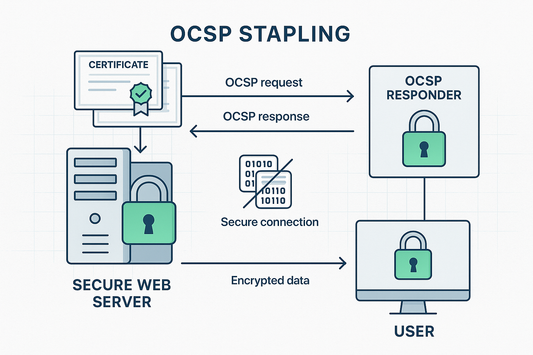
Enabling OCSP Stapling on Your Server
Online SSL Certificate Status Protocol (OCSP) stapling, technically known as TLS Certificate Status Request extension, addresses the traditional performance challenges associated with SSL Certificate validation.
Enabling OCSP Stapling on Your Server
Online SSL Certificate Status Protocol (OCSP) stapling, technically known as TLS Certificate Status Request extension, addresses the traditional performance challenges associated with SSL Certificate validation.

Private Key Information
For website owners and system administrators, understanding private keys is essential for properly implementing and managing SSL Certificates. A private key works in conjunction with your SSL Certificate to establish...
Private Key Information
For website owners and system administrators, understanding private keys is essential for properly implementing and managing SSL Certificates. A private key works in conjunction with your SSL Certificate to establish...
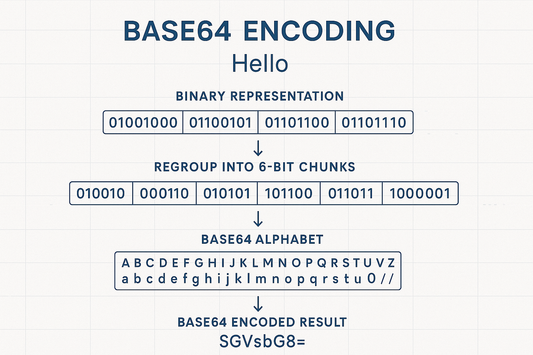
Understanding Base64 Encoding
Base64 is an encoding scheme that converts binary data into a set of 64 different ASCII characters. While Base64 encoding provides a reliable way to transmit binary data, it is...
Understanding Base64 Encoding
Base64 is an encoding scheme that converts binary data into a set of 64 different ASCII characters. While Base64 encoding provides a reliable way to transmit binary data, it is...
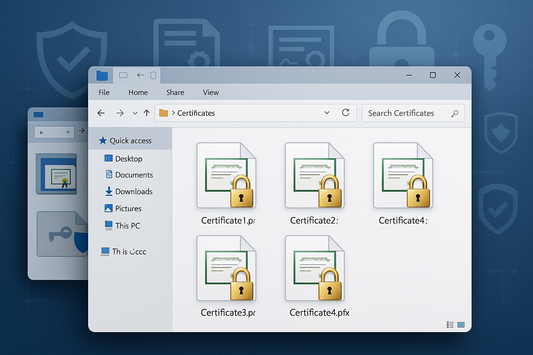
PFX Files in Windows
PFX files represent a crucial component for SSL Certificate management in Windows environments, providing a secure container that combines SSL Certificates and private keys into a single, password-protected file.
PFX Files in Windows
PFX files represent a crucial component for SSL Certificate management in Windows environments, providing a secure container that combines SSL Certificates and private keys into a single, password-protected file.
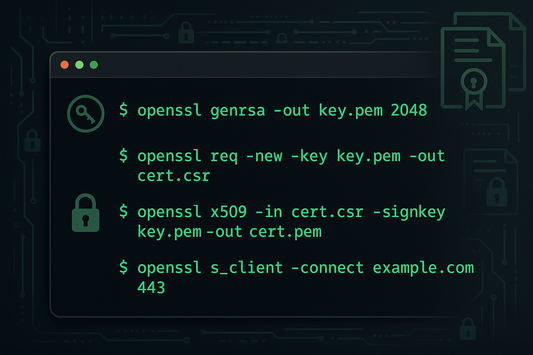
OpenSSL Quick Reference
As a crucial component in the SSL Certificate lifecycle, OpenSSL provides system administrators and web developers with essential capabilities for generating private keys, creating Certificate Signing Requests (CSRs), and managing...
OpenSSL Quick Reference
As a crucial component in the SSL Certificate lifecycle, OpenSSL provides system administrators and web developers with essential capabilities for generating private keys, creating Certificate Signing Requests (CSRs), and managing...
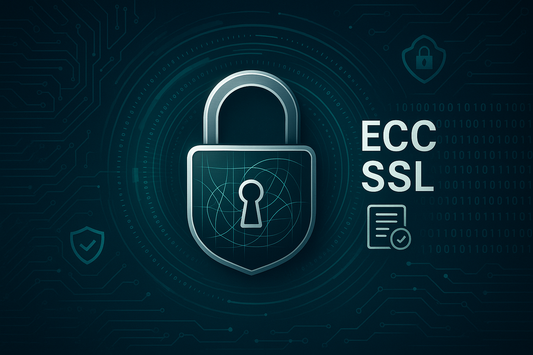
Elliptic Curve Cryptography (ECC)
Trustico® SSL Certificates utilizing ECC provide compliance with current security requirements while preparing organizations for future cryptographic needs.
Elliptic Curve Cryptography (ECC)
Trustico® SSL Certificates utilizing ECC provide compliance with current security requirements while preparing organizations for future cryptographic needs.
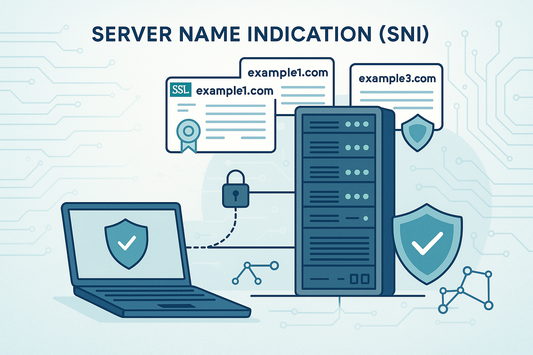
What is Server Name Indication (SNI)
Before SNI emerged, web servers required dedicated IP addresses for each SSL Certificate installation. This traditional approach led to IP address exhaustion and increased hosting costs for organizations managing multiple...
What is Server Name Indication (SNI)
Before SNI emerged, web servers required dedicated IP addresses for each SSL Certificate installation. This traditional approach led to IP address exhaustion and increased hosting costs for organizations managing multiple...
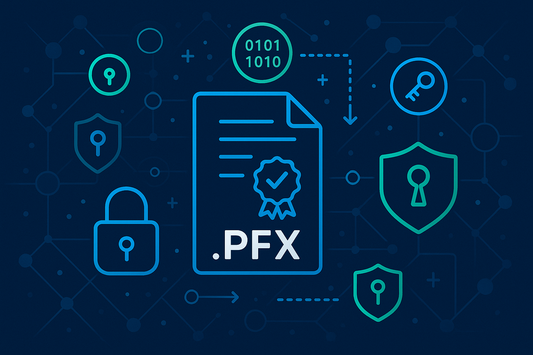
Understanding PFX (Personal Information Exchang...
The primary advantage of a PFX file is convenience. Rather than managing multiple files for your SSL Certificate implementation, a PFX file combines everything needed for proper SSL Certificate installation...
Understanding PFX (Personal Information Exchang...
The primary advantage of a PFX file is convenience. Rather than managing multiple files for your SSL Certificate implementation, a PFX file combines everything needed for proper SSL Certificate installation...
Our Atom / RSS Feed
Subscribe to the Trustico® Atom / RSS feed and every time a new story is added to our blog you'll receive a notification through your chosen RSS Feed Reader automatically.



